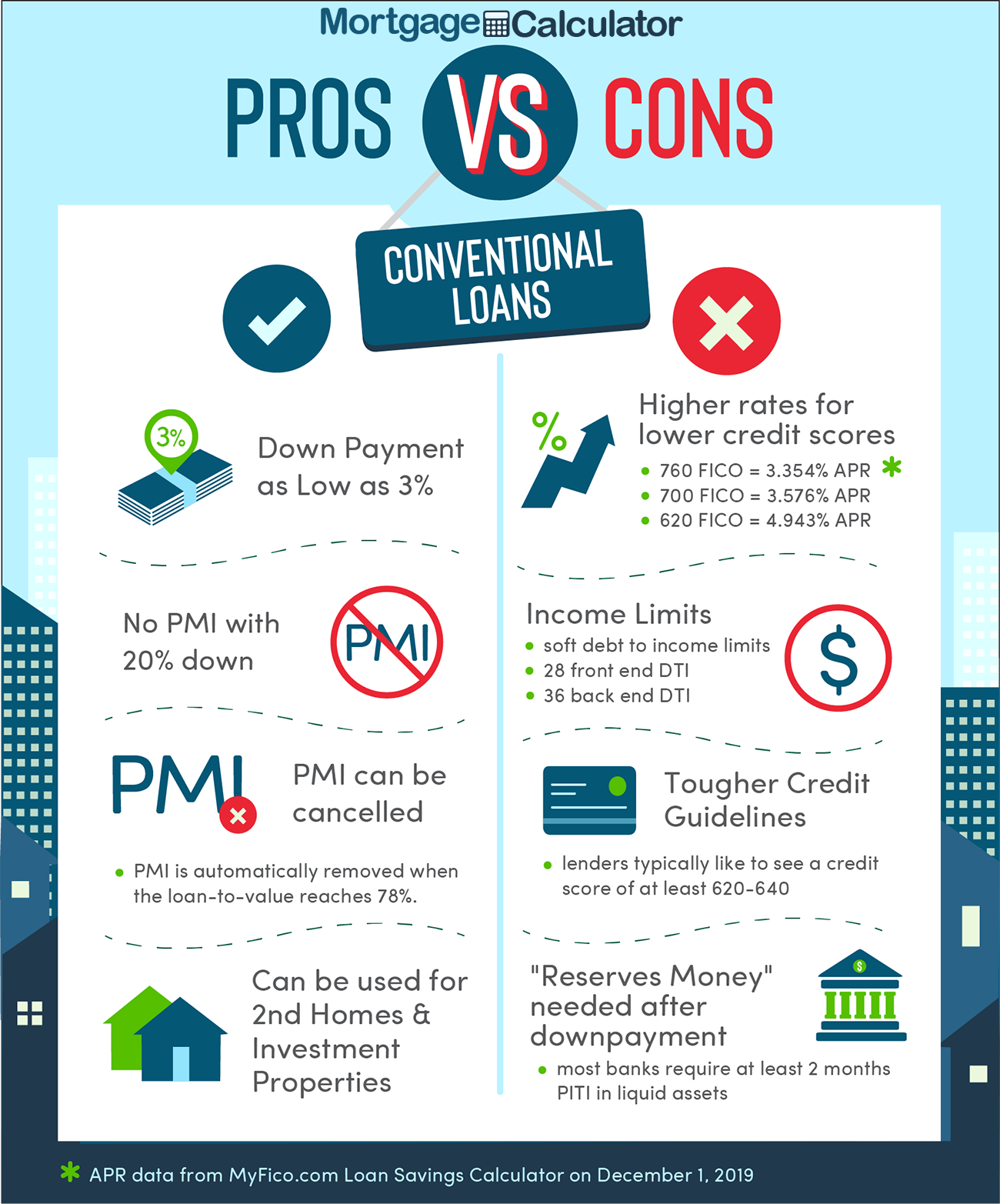One choice is to merely offer the house to pay off the mortgage, and distribute any remaining funds from the sale to the successors as dictated by the will or the laws in your state. If you desire to retain the home, you'll require to work with the servicer to get the home mortgage moved to you.
If there was a reverse home loan on the property, the loan quantity becomes due after the death of the borrower. If the beneficiary to the house desires to keep the home, they'll have to repay the loan. Otherwise, they can sell the home or turn the deed over to the reverse mortgage servicer to please the debt.
The reverse mortgage is a popular approach used by older house owners to benefit from equity in their houses. Open to house owners 62 or older, the reverse mortgage can offer them stable house equity income. Additionally, the older a homeowner is, the more equity income a reverse mortgage provides in return (what were the regulatory consequences of bundling mortgages).
Reverse mortgages are readily available to homeowners meeting age requirements and who cancel timeshare completely own or have substantial equity in their houses. The house protects a homeowner's reverse home loan. While no payments are made by a property owner with a reverse home mortgage, the mortgage is due upon death. Estate possessions can pay back a reverse home mortgage.
Reverse home loans are paid back in numerous different ways. In addition to the estate of the deceased, heirs to the reverse mortgaged home can also pay back the loan completely. Reverse home mortgage loan providers typically give successors from 3 to 12 months to pay back the loan. If neither the successors nor the estate pay back the loan, the lending institution typically repossesses the house.
As lienholders, lenders can look for foreclosure on the houses securing their loans when they're not paid back. In cases in which a reverse home loan lending institution ends up foreclosing, it will try to offer the house to satisfy its loan. Any earnings left over after a reverse home mortgage loan provider forecloses and sells a house typically go to the deceased debtor's heirs or estate.
Some Ideas on How To Switch Mortgages While Being You Should Know

By law, reverse home loans are non-recourse loans, implying lending institutions can't pursue property owner estates or successors for any home loan shortages remaining after sale (what is a non recourse state for mortgages). Thankfully, lots of reverse home loans fall under the Federal Housing Administration's Home Equity Conversion Mortgage program. All FHA-based reverse home loans include special home loan insurance to cover their loan providers need to mortgage https://legaldesire.com/14-things-your-real-estate-agent-wont-tell-you/ shortages result when beneficiaries sell those houses.
Much like a standard home mortgage, there are costs associated with getting a reverse home mortgage, specifically the Home Equity Conversion Mortgage (HECM). These expenses are typically greater than those connected with a traditional mortgage. Here are a couple of fees you can expect. The in advance mortgage insurance premium (MIP) is paid to the FHA when you close your loan.
If the house offers for less than what is due on the loan, this insurance covers the difference so you won't end up underwater on your loan and the loan provider doesn't lose money on their financial investment. It likewise safeguards you from losing your loan if your lender goes out of service or can no longer satisfy its commitments for whatever reason.
The expense of the in advance MIP is 2% of the assessed worth of the house or $726,535 (the FHA's lending limit), whichever is less. For example, if you own a home that deserves $250,000, your upfront MIP will cost around $5,000. In addition to an in advance MIP, there is likewise a yearly MIP that accumulates each year and is paid when the loan comes due.
5% of the loan balance. The mortgage origination cost is the amount of cash a lending institution credits come from and process your loan. This expense is 2% of the very first $200,000 of the house's worth plus 1% of the staying value after that. The FHA has actually set a minimum and optimum expense of the origination cost, so no matter what your home is valued, you will not pay less than $2,500 or more than $6,000.
The servicing charge is a monthly charge by the lending institution to service and administer the loan and can cost up to $35 each month. Appraisals are needed by HUD and determine the marketplace worth of your house. While the true cost of your appraisal will depend upon elements like area and size of the house, they usually cost in between $300 and $500.
What Does On Average How Much Money Do People Borrow With Mortgages ? Mean?
These costs may consist of: Credit report charges: $30 $50 File preparation fees: $50 $100 Carrier charges: $50 Escrow, or closing fee: $150 $800 Title insurance coverage: Depend upon your loan and place There are lots of aspects that affect carothers building the interest rate for a reverse home loan, including the loan provider you work with, the kind of loan you get and whether you get a fixed- or adjustable rate mortgage (when did subprime mortgages start in 2005).
A reverse home loan is a way for qualified homeowners to tap into the equity in their houses to fulfill retirement costs. To certify, you must be age sixty-two (62) or over, inhabit the residential or commercial property as your main residence, and own the house outright or have adequate equity in the house.
The loan accumulates interest and other charges that are not due up until a trigger event takes place. However, the customer is still responsible for real estate tax, house owner insurance coverage, homeowner association costs (if any), and maintenance. There are three options for loan profits to be distributed to the borrower: a swelling sum, a regular monthly payment quantity, or a home equity credit line.

The debtor no longer utilizes the home as a principal residence for more than 12 successive months. (A borrower can be far from the house, e. g., in an assisted living home, for approximately 12 months due to physical or psychological illness. If the relocation is long-term the loan becomes due).
If a surviving partner is not also a borrower, likely since she/he is under age 62, a federal case, mentioned in Oregon cases, holds that the loan provider can not foreclose versus an enduring spouse non-borrower at the death of the spouse/borrower. However, the loan is still due as gone over above. If a home with a reverse home loan ends up being subject to probate, the home mortgage is still an encumbrance on the property.